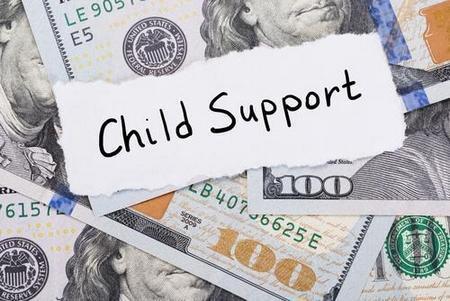When Can I Stop Paying Child Support in Illinois?

Child support payments are a significant financial burden for some parents and an important source of funds for others. Whether you are a payor or a recipient, you should know when child support payments can and will stop.
Child Support Ends When the Court Order Says It Ends
Your child support order should specify the end point for paying child support. In most cases, child support will end when a child turns 18, the age of majority. However, if the child is still attending high school when they turn 18, child support must generally continue until the child graduates from high school or turns 19, whichever comes first.
Note that the support termination date does not eliminate the obligation to catch up on back-owed child support. Monthly child support payments must continue in the same amount until the delinquency or arrearage is paid in full.
If you have multiple children, and your support order does not specify how the amount will be reduced as each child reaches majority, you will have to go back to court have the amount of monthly child support altered. If your old order was entered before 2016, your new order will use the income shares method of calculating child support.
A parent may not stop paying child support for reasons such as:
-
Not getting their court-ordered amount of parenting time.
-
Having a child refuse to communicate with the parent.
-
Having a child become pregnant, in trouble with the law, or drop out of school.
Exceptions to the “Age 18 or Graduation from High School” Rule
There are several common exceptions to the “age 18 or graduation from high school” rule for ending child support.
Voluntary emancipation. One exception occurs when a child self-emancipates. If a child voluntarily moves beyond the care, custody, and control of a parent, and the minor no longer requires parental financial support, a parent may ask the court to terminate child support. The most common instances of self-emancipation involve getting married or joining the military.
Children with disabilities. If a child reaches majority and cannot become financially self-sufficient due to a physical or mental disability, the court may require parents to continue making child support payments or to set aside a sum of money in a trust established for the benefit of the child.
College expenses. Both parents can be required by an Illinois family court to contribute toward a child’s post-high-school education expenses. This does not mean parents will be ordered to pay 100 percent of the child’s expenses--which may include tuition, books and supplies, room and board, and medical expenses--but rather a reasonable amount given the parents’ financial circumstances.
Changes in a Parent’s Circumstances Affecting Child Support
A parent who becomes unemployed or changes jobs must notify the other parent and the Clerk of Court within 10 days of the change. However, a payor cannot simply cease making child support payments due to unemployment or a reduction in pay. A parent who experiences such a change in circumstances must first petition the court to request a reduction in their child support payments.
The court may order “zero dollar” child support when a parent has no gross income, receives only means-tested public assistance, cannot work due to a medically-proven disability, is incarcerated, or is institutionalized.
DuPage County Child Support Lawyers Who Will Fight for You
If you are concerned that your spouse is not paying their fair share of child support, consult an experienced Lombard child support attorney to discuss your options, including modification of your child support order. Call Mevorah & Giglio Law Offices at 630-932-9100 for a free initial consultation.
 English,
English,
 Spanish,
Spanish,
 Polish,
Polish,
 Urdu
Urdu













 Make a Payment
Make a Payment



